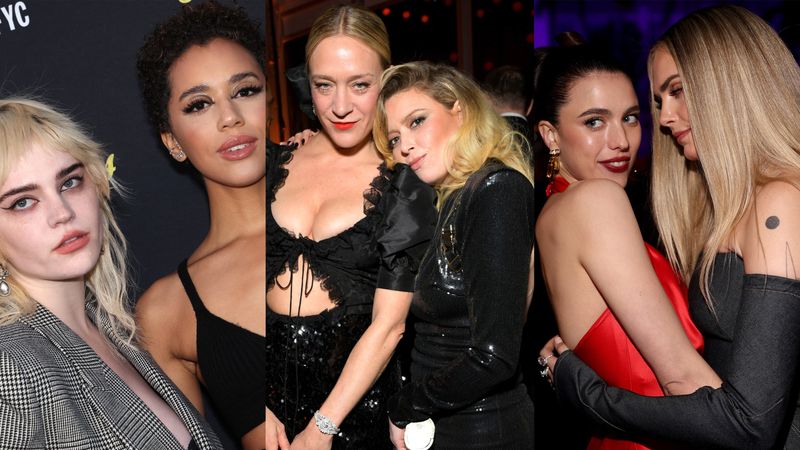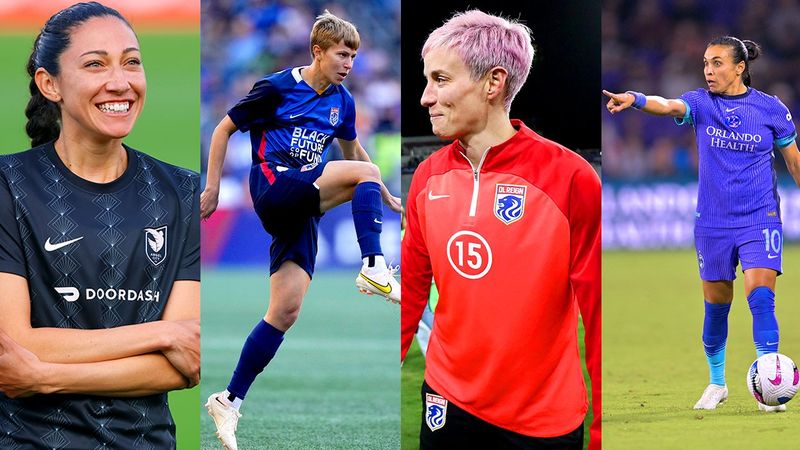The first hearing of the federal case against Prop 8, by Ted Olson and David Boies, assigned to Judge Vaughn Walker, begins July 2 in the North California U.S. District Court.
Olson and Boies boast strong records of victories in their past cases. For this case, they requested a preliminary injunction opposing the initiative during the time the court would be hearing their case. If the injunction had been granted then during the time of the trial Prop 8 would not be enforced in California, thus temporarily allowing same-sex couples to marry again.
The July 2 hearing would have focused on the injunction’s merits, but Judge Walker recently called a move to go quickly to trial. “Given that serious questions are raised in these proceedings ... the court is inclined to proceed directly and expeditiously to the merits of plaintiffs' claims," the judge declared. “The just, speedy and inexpensive determination of these issues would appear to call for proceeding promptly to trial."
This seems to be a good sign. The judge’s order demands the trial begin as soon as possible, as the injunction arguments reflect those to overturn Prop 8 as a whole. The injunction would be a temporary fix to a problem that could be solved right away, but delaying the permanent solution in doing so.
“We are encouraged that the judge wants to dispense with the preliminaries and move quickly toward a final ruling on the unconstitutionality of Proposition 8," Olson said in a press release. "This case is about protecting people's fundamental Constitutional rights, and we agree that it is in everyone's best interest to resolve this matter as quickly as possible. We are prepared to move forward at as fast a pace as the court desires.”
This case presents the possibility of Prop 8 being history in the near future, although that is the result of the best circumstances. In order to better understand all the various factors that could potentially influence the fate of gay marriage in California, a good friend of mine, and fellow gay rights activist and blogger, Phillip Minton of Unite The Fight went directly to those involved with the case to clarify possible outcomes and ramifications involved.
How the Case Started
Chad Griffin, who is openly gay, started in politics over 10 years ago being the youngest presidential West Wing staff member, and now has his own political and communications strategy firm called Griffin Schake. His reaction on election day mirrors those of millions of LGBT nationally. “I’m a political strategist – I was devastated like everyone – such a bittersweet experience with Obama becoming president while the banning of gay marriage in California and gay adoption in my home state of Arkansas passed. It was very difficult to celebrate.”
Only a few hours later, he joined forces with some politically progressive friends including director Rob Reiner, producer Bruce Cohen, and screenwriter Dustin Lance Black to start discussions on what would come next.
"We're in a war, and we discussed where we could take the war. If you have a single goal in winning that war, you want to have the opposition on the defensive on all fronts," Griffin explained. At the end of their discussion, all agreed the next move needed to be powerful, and that needed to be a federal case challenging Prop 8.
Also joined by his business partner Kristin Schake, the group founded the American Foundation for Equal Rights (AFER), of which the sole purpose is support of the federal case. Shortly after being founded, board members were announced, but who would fight the case needed to be decided.
More on next page...
\\\
(continued)
How Ted Olson and David Boies Took the Case
Griffin recounted the discussion of AFER’s future board members talked about next steps. "We went down this path, discussing where donors can be putting their money and activists where they could be spending their time. In our discussions, someone mention that perhaps [Ted] Olson held the same view as us on gay marriage. I responded with skepticism and doubt."
The doubt was founded in the fact that in the 2000 election followed by the historical Bush v. Gore Supreme Court case that determined the result of the Presidential election, Ted Olson argued for Bush. Bush appointed Olson to U.S. Solicitor General, and served until 2004.
Reservations aside, Griffin called Olson and they met in Washington, DC. Olson told Griffin he passionately believed in equality for all LGBT. “I realized I could be sitting in the room with the most eloquent, articulate game-changing spokesperson of our movement. As the conversation went on, I was quite impressed with his analysis of the legal aspects,” Griffin explained to Unite The Fight. “We discussed timing, on now versus wait, and the arguments that could be used for and against, and the impacts on the LGBT community – how state sanctioned discrimination leads to the real life consequences, such as rising suicide rates in LGBT youth, who are being kicked out of their homes when they come out. Ted expressed his long held personal views of support for same-sex marriage.”
At the close of their meeting, Olson was on the case, but Griffin still felt a need for “equally prominent co-counsel” in order to have the case be at the forefront of the equal rights fight. Olson’s suggestion of powerhouse attorney David Boies, the opposing counsel from his Bush v. Gore case, was a perfect fit as equally prominent.
Along with two unmarried same-sex couples wanting to marry as plaintiffs, Olson and Boies filed the case, setting off a media frenzy.
Criticisms Against the Case
Large organizations wasted no time in objecting to the case. They referred to the case as premature with fears of a major setback in the marriage equality movement should the case fail. The ACLU told Time “The U.S. Supreme Court typically does not get too far ahead of either public opinion or the law in the majority of states.”
"Look at the Loving vs. Virginia case – if Loving would have waited for public opinion to catch up, they would have waited years if not decades," Griffin told Unite The Fight. "Only 17 percent of the American public were in favor of interracial marriage. We’re now approaching 50 percent of the American public [in favor of marriage equality]. We have six states with marriage equality. The Supreme Court and our court system was not designed to wait on public opinion.
"We can all agree to disagree on different tactics but at the end of the day, we all have the same goal - we can all agree on winning full federal rights for all lesbian, gay, bisexual and transgender people," continued Griffin. Despite some of those initial responses, "the response to the case has been overwhelmingly positive."
AFER continues discussions with specific organizations originally opposed to the case, and afterwards the organizations have more positive reactions. The ACLU has changed its stance entirely, joining other organizations in filing “friend of the court” briefs supporting the case. Gov. Schwarzenegger and Attorney General Jerry Brown have also filed.
Unite The Fight then asked Griffin why go federal now, considering the division of the Supreme Court with conservative makeup? And what are the grounds for the case’s argument?
Griffin directed Unite The Fight to Ted Boutrous Jr., partner at Gibson, Dunn and Cruther, where Olson is also partner, before addressing the makeup of the court. "I don’t think it’s correct to say that we have a divided [Supreme] Court – we have a 4/4 with Kennedy being a swing vote. The last two gay cases winning with a 5-4 vote."
More on next page...
\\\
(continued)
The Timing and Specifics of the Case
"We think we can win and can win now," Ted Boutrous explained. "Based on the Supreme Court decisions in the Lawrence vs. Texas and Romer vs. Evans [gay rights] cases, the arguments are extremely strong.
"Olson and Boies believe we can win now, and to win, you have to go in and give the arguments. It’s been the Supreme Court that has really been the change agent when it comes down to striking down discriminatory laws."
Olson wins 75% of his cases, Boies record is equally impressive, and they both argued a number of cases before the Supreme Court in the past. Through talking to Boutrous and reading through the AFER website, Unite The Fight clarified the core arguments for the federal case against Prop 8 support:
-Violates the Due Process Clause by impinging on fundamental liberties.
-Violates the Equal Protection Clause of the Fourteenth Amendment.
-Singles out gays and lesbians for a disfavored legal status, thereby creating a category of "second-class citizens."
-Discriminates on the basis of gender.
-Discriminates on the basis of sexual orientation.
The case reaching the U.S. Supreme Court has been brought up a lot recently, but a number of things must occur prior to that happening. Boutrous broke down the various stages of how the case would get there.
The hearing of the case by Judge Vaughn Walker in North California U.S. District Court must happen first. This hearing begins July 2, when the judge and attorneys on both sides will make a decision on how to “proceed expeditiously to trial.”
Following the ruling, an appeal will be filed, most likely, from whichever side did not win a favorable ruling. This moves the case to the United States Ninth Circuit Court of Appeals. After that ruling, either side’s appeal then continues to the U.S. Supreme Court, with a possibility of the court turning down the case. They would face “whether or not to take the case certiorari, which is the decision of the court to review a lower court's opinion by ‘rule of four,’ meaning four Supreme Court justices have to agree to hear the case,” according to Unite The Fight.
Supreme Court justices’ decisions are nearly impossible to predict, but whether or not the lower courts decisions oppose each other favoring either side.
No matter how you look at it, there may be a long wait before a case on Prop 8 gets to the U.S. Supreme Court. Boutrous also answered questions about what happens if the case wins, loses, effects on initiatives to repeal Prop 8 in 2010 or 2012, and ramifications the federal case. “First, we strongly believe we’re going to win,” he reiterated. “Second, whatever the court rules, it will be a crucial and necessary step to ultimate victory in equality for all. It’s not an all or nothing case.”
He explained, “This case will lay the foundation and create building blocks for future cases. Unless the courts begin now to examine these federal constitutional issues, it could be decades before progress is made.”
He continues by addressing how large a risk this is for the movement, “When you file a lawsuit like this, lawyers and clients need to do an analysis, and we determined now is the time to raise these challenges,” pointing to Olson and Boies’ expertise. “You do factor in the inherent challenges – We expect to win.”
He noted, “You’re not going to be able to gain your constitutional rights unless you go into court and argue for them. We think either way its crucial to get this issue before the Supreme Court now, or it can take 10, 20, 30 years before we gain equality for all. We think this is the time to raise these claims, we think we’re going to win.”
More on next page...
\\\
(continued)
What Final Victory Will Do For Our Rights
"It could lead to the elimination of barriers across the country by the way the ruling is framed."
Rights awarded in California or Nationwide are in the specifics of the ruling of the Supreme Court itself, which is not predictable. "With the Supreme Court, it could rule broadly [for all of the nation] or a targeted way against Prop 8, but we believe either way, the ruling would have significant ramifications across the country," Boutrous told Unite The Fight.
California same-sex couples may regain marriage rights, however, the state-by-state fight continues. Also, the Supreme Court could overturn every law in the country banning same-sex marriage, thus the LGBT population throughout the entire country would legally be allowed to marry, finally, and have federal recognition.
As for 2010 or 2012 repeal of Prop 8 being affected, Boutrous echoed Griffin’s point of fighting on all fronts for rights, meaning local level and federal level. If a voter referendum overturns Prop 8, the case is rendered moot.
"We could very likely be geared to file a lawsuit in another state that continues to ban same-sex marriage. If Prop 8 were overturned at the ballot box, we would likely take everything that we have done in California and fight the battle there.
"Olson and Boies are on opposite sides of the political aisle. We think, to the public, this could help enhance the likelihood of success at the ballot box. If the worst news we get is that the voters have wiped Prop 8 off the books at the ballot box, then we will reevaluate our case with smiles on our faces."
The Consequences of DOMA Brief For The Prop 8 Federal Case
Since Unite The Fight spoke with the people behind the federal case, the Department of Justice (DOJ) released a brief defending the Defense Of Marriage Act (DOMA), under the Obama Administration reacting to a different federal case. Gibson, Dunn and Crutcher partner Matthew McGill, part of the Prop 8 legal team at the firm, answered questions from Unite The Fight.
The DOJ’s brief stated that “DOMA Is Consistent with Equal Protection and Due Process Principles,” and while the case we are looking at is against Prop 8, not DOMA, McGill was asked to explain if it eliminates the core of their argument, and if the case is affected.
"We don’t think it affects it very much if at all," he said. "The analysis is quite different as to whether a federal statute violates the [Equal Protection] principles as opposed to this particular state provision. We think it’s an entirely different analysis. We think that the government's defense of DOMA is quite wrong and wrong-headed. It’s not a defensible position for any number of independent reasons," he continued. "When the government discriminates, it has to have a reason. For certain forms of discrimination, it has to have a really powerful reason.
"Some of the interests that the government might use to defend DOMA arise out of the fact that the federal government uniquely has to deal with 50 states plus DC and Puerto Rico and other territories and all of these state regimes at the same time. The federal government argues this allows it to apply the lowest common denominator when it comes to marriage equality. It only need recognize as valid marriages the stingiest state view of marriage."
As far as Prop 8 fits into the situation, "That argument is simply not available to defend Prop 8," McGill explained. "[California] is not in the position of the federal government having to contend with 50 different legal regimes."
"When you’re taking on a federal statute like DOMA, you’re taking on the United States," McGill said. "I think part of the reason we’ve chosen at this point to limit our challenge to Prop 8 is to take things one step at a time. When people heard that a federal lawsuit had been filed, they assumed it was an all or nothing gambit for those seeking marriage equality. And that’s simply not true. We’d be very satisfied to establish marriage equality in California, and then work from that precedent to move and take on the next battle in a position of strength."

















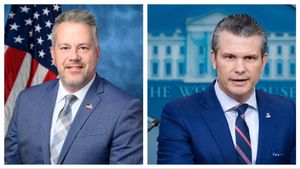



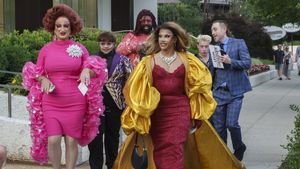
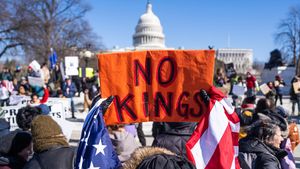
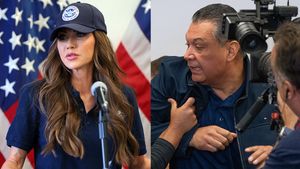

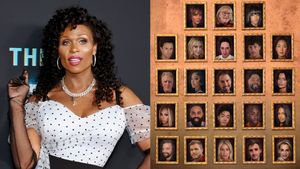


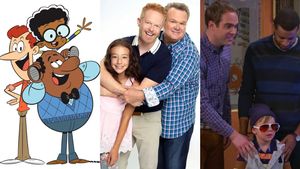

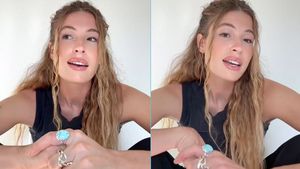

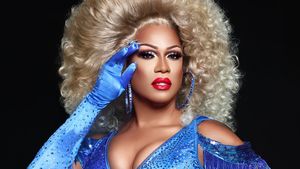

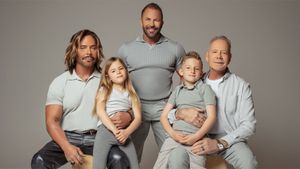





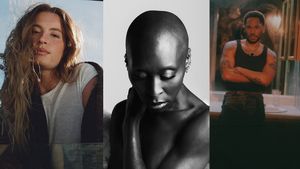






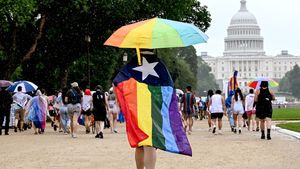




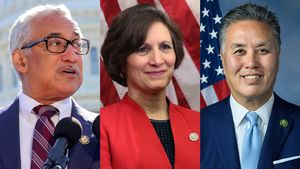




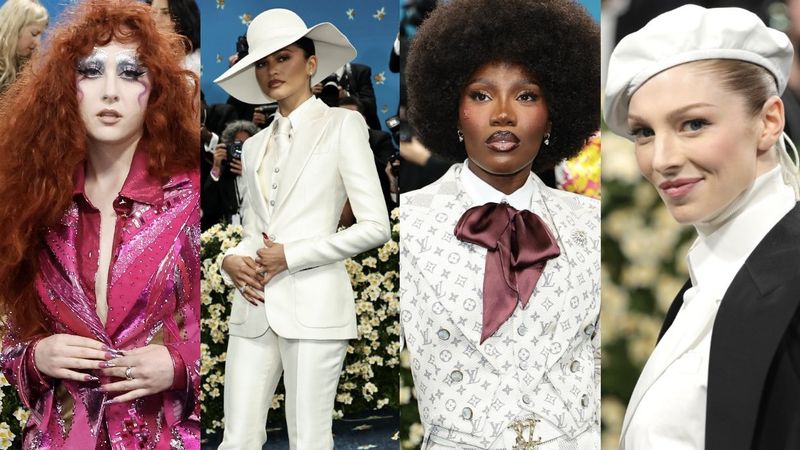



































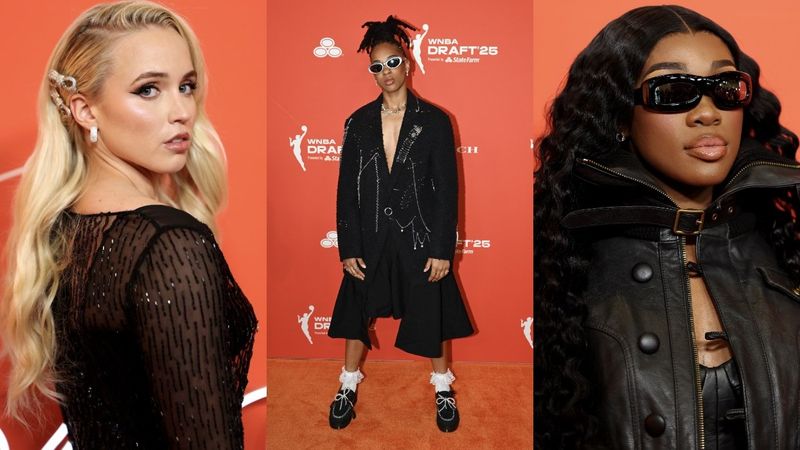
 Cindy Ord/Getty Images
Cindy Ord/Getty Images










